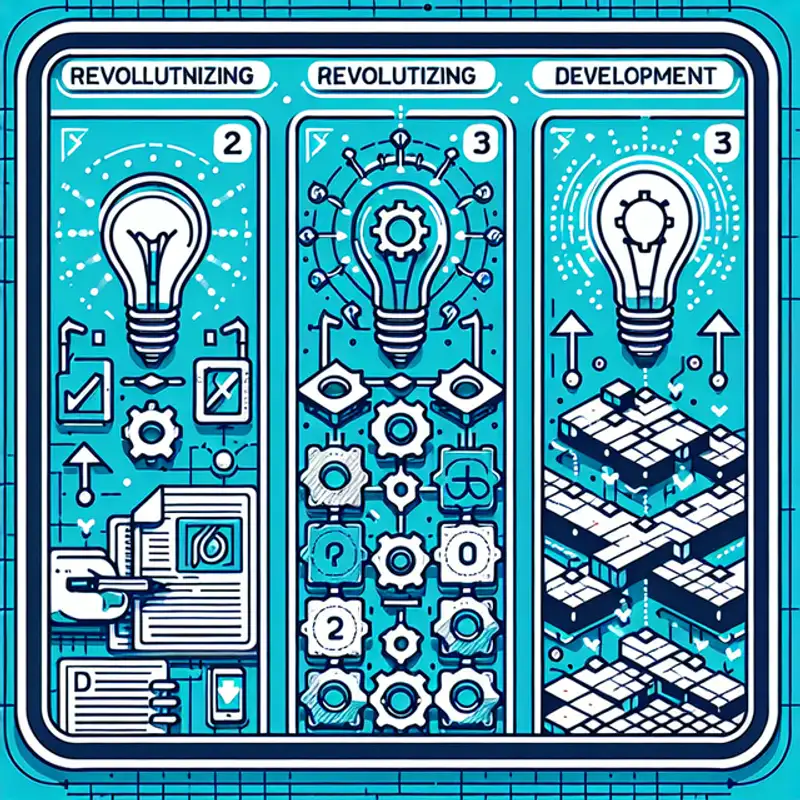 Episode
Episode
· 02:24
In this article, Harper Reed walks us through his dynamic, three-step LLM code generation workflow that transforms the way developers build small products. Starting with a detailed brainstorming process using conversational LLMs like ChatGPT, he emphasizes honing the idea with iterative, single-question exchanges until a developer-ready specification is achieved. Next, the plan is meticulously broken down into manageable, test-driven steps using reasoning models, and then executed with tools like Claude and Aider via discrete loops. Reed shares his excitement on the efficiency of his process—"it is pretty quick. Wild tbh"—and even highlights his use of repomix for legacy code contexts. Ultimately, this method not only bolsters productivity but also opens the door to exploring new programming languages and innovative coding practices, all while turning those inactive waiting periods into productive brainstorming sessions.
Key Points:
spec.md, prompt_plan.md, and todo.md to keep clear, auditable records of progress.LLM:generate_missing_tests and LLM:generate_readme via repomix to incrementally improve and debug.Listen to jawbreaker.io using one of many popular podcasting apps or directories.